An ‘outdated’ right for church representatives to vote on school matters may be scrapped in Fife.
Most people are unaware that three religious representatives sit on a Fife Council committee which makes important decisions about the region’s schools.
Votes of the religious members – nominated by churches rather than elected by the public like the councillors they sit alongside – can and have proved pivotal when political opinion is split.
However, Fife could soon be among a handful of Scottish local authorities to end the practice which stems from a 50-year-old law requiring religious representation on education committees.
Perth and Kinross Council made the change after tiny Blairingone Primary School was closed as a result of votes cast by two religious members.
The Catholic church claimed the move was “another step in the process to remove faith education from schools in Scotland”.
Archbishop Leo Cushley, of the Archidiocese of St Andrews and Edinburgh, said: “Church representatives are valuable members of local authority education committees, and their position is enshrined in law.
“To deprive them of voting rights when they represent both the Catholic Church and families – of all faiths and none – who make an active choice of Catholic education will cause local constituents to question the commitment of Fife Council to the future of Catholic schools.”
But the Humanist Society Scotland has been campaigning to end religious votes on education committees and hopes Fife and the rest of Scotland will follow Perth and Kinross Council’s lead.
Chief executive Fraser Sutherland said: “Schools should be run with the voices of young people, teachers and parents at the forefront of decisions, not churches.
“It is time that Fife restored a democratic mandate to the electorate on education and followed in the footsteps of other councils such as Perth and Kinross in removing these unfair votes.”
It was Fife Council’s Liberal Democrat spokesperson for education, Aude Boubaker-Calder, who called for change to be considered.
She said: “If we [councillors] make a mistake, our constituents can hold us accountable at the ballot box which is quite right. The same cannot be said for religious representatives.
“Other councils have withdrawn these rights, including after instances when religious representatives helped a minority of councillors outvote a majority.”
SNP councillor Sarah Neal wanted religious representatives’ voting rights to be scrapped immediately, calling them outdated and undemocratic.
But councillors will make a decision next year, once they are advised on the options.
When church members almost kept P1 testing in Fife
Scrapping of controversial P1 testing in Fife schools was almost thwarted by the region’s three church members in 2018.
The three religious representatives on the education committee helped the SNP win a bid to continue Scottish National Standardised Assessments for P1 children by one vote, despite the full council already voting to end them.
But the result was branded undemocratic and called back in and overturned.
Fife now uses an alternative system to assess progress of P1 pupils.

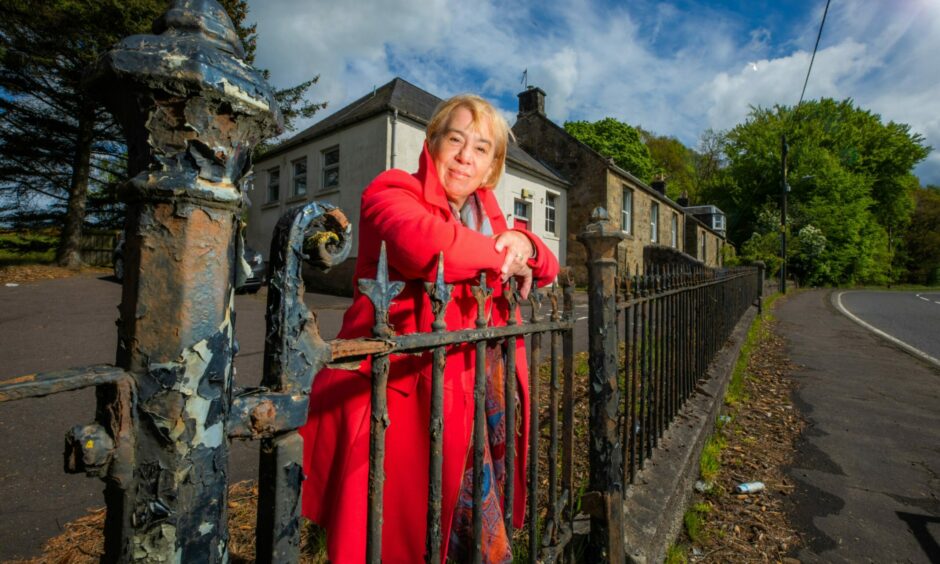
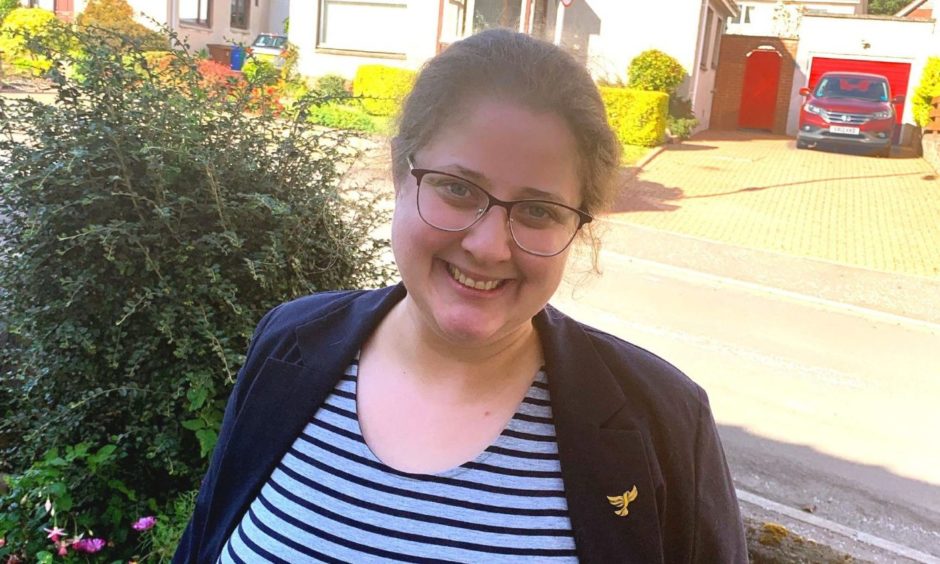





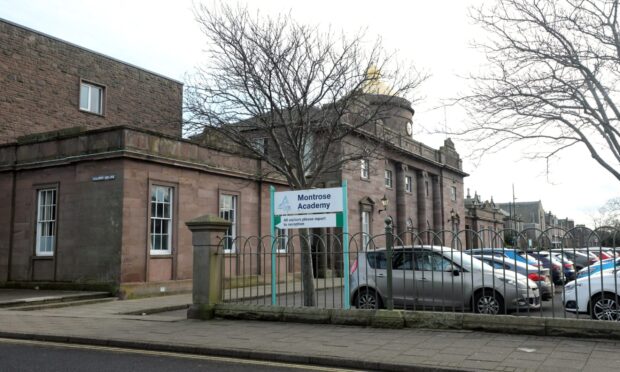
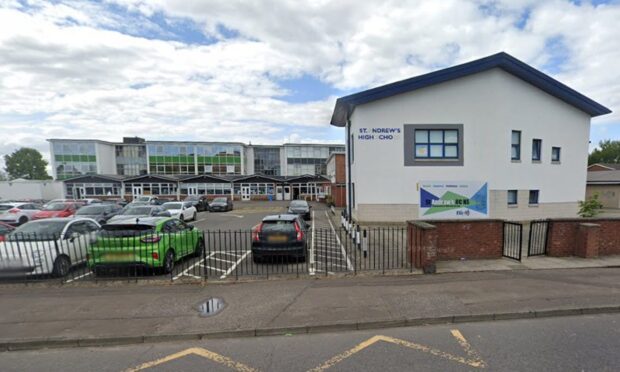
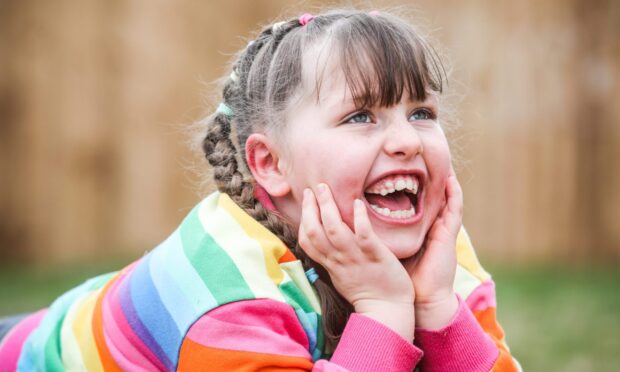

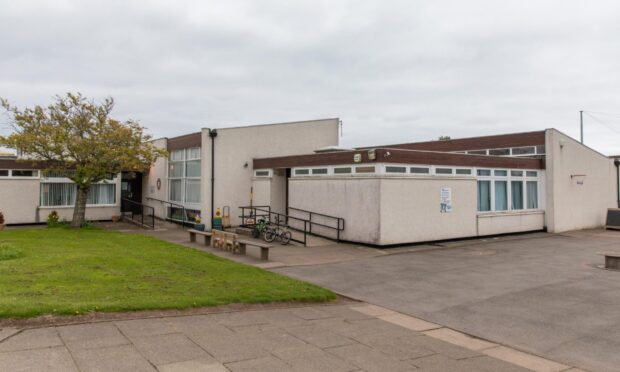
Conversation